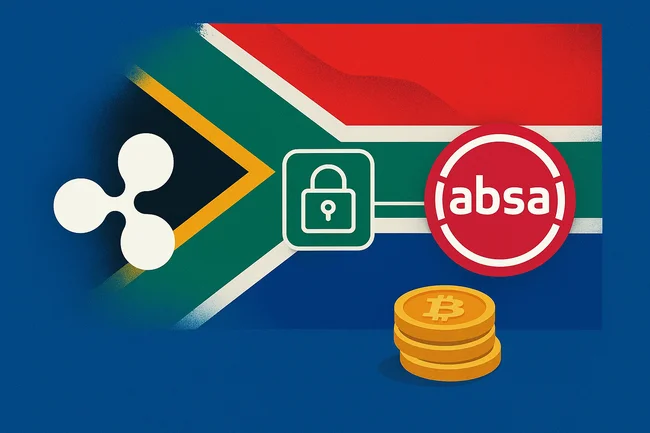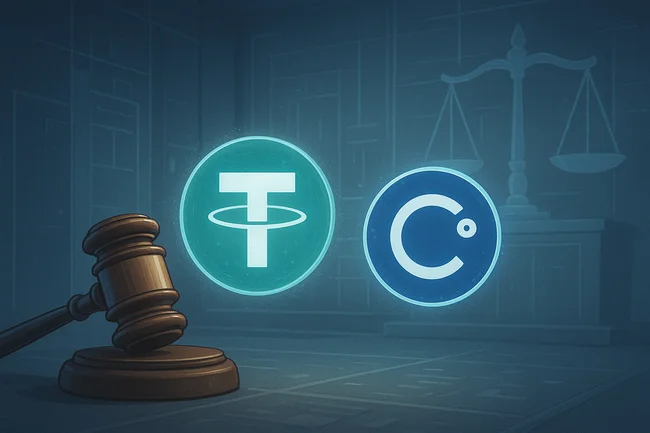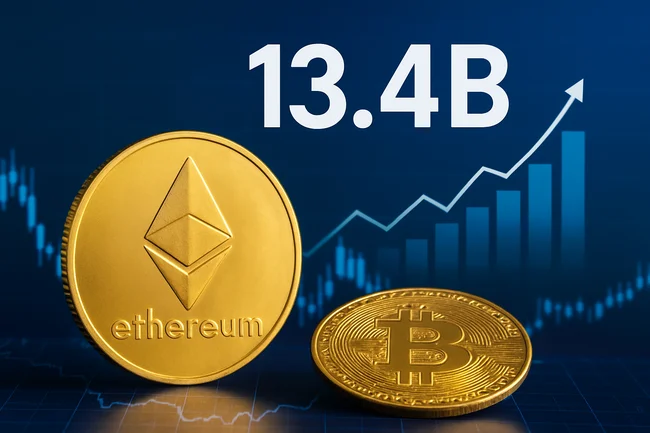Trust refers to the confidence that users have in the system, its creators, and its governance. In a decentralized environment, where traditional intermediaries are absent, trust is often built through transparent processes, code integrity, and community engagement. Users need assurance that their transactions will be secure, and their assets will be managed properly.Integrity encompasses the security and reliability of the system itself. It ensures that the information on the blockchain remains accurate and tamper-proof. Users rely on the underlying technology to maintain a consistent and trustworthy record of all transactions. Integrity is often established through consensus mechanisms, ensuring all parties agree on the state of data.Both trust and integrity are essential for widespread adoption. Users must feel secure in their interactions and believe that the technology will operate as intended. This sense of reliability encourages participation, investment, and innovation, ultimately contributing to the ecosystem’s growth and sustainability.

Ripple, Absa Partner to Launch Digital Asset Custody in South Africa
Ripple has entered a strategic partnership with Absa Bank to provide digital asset custody services to customers in South Africa,



